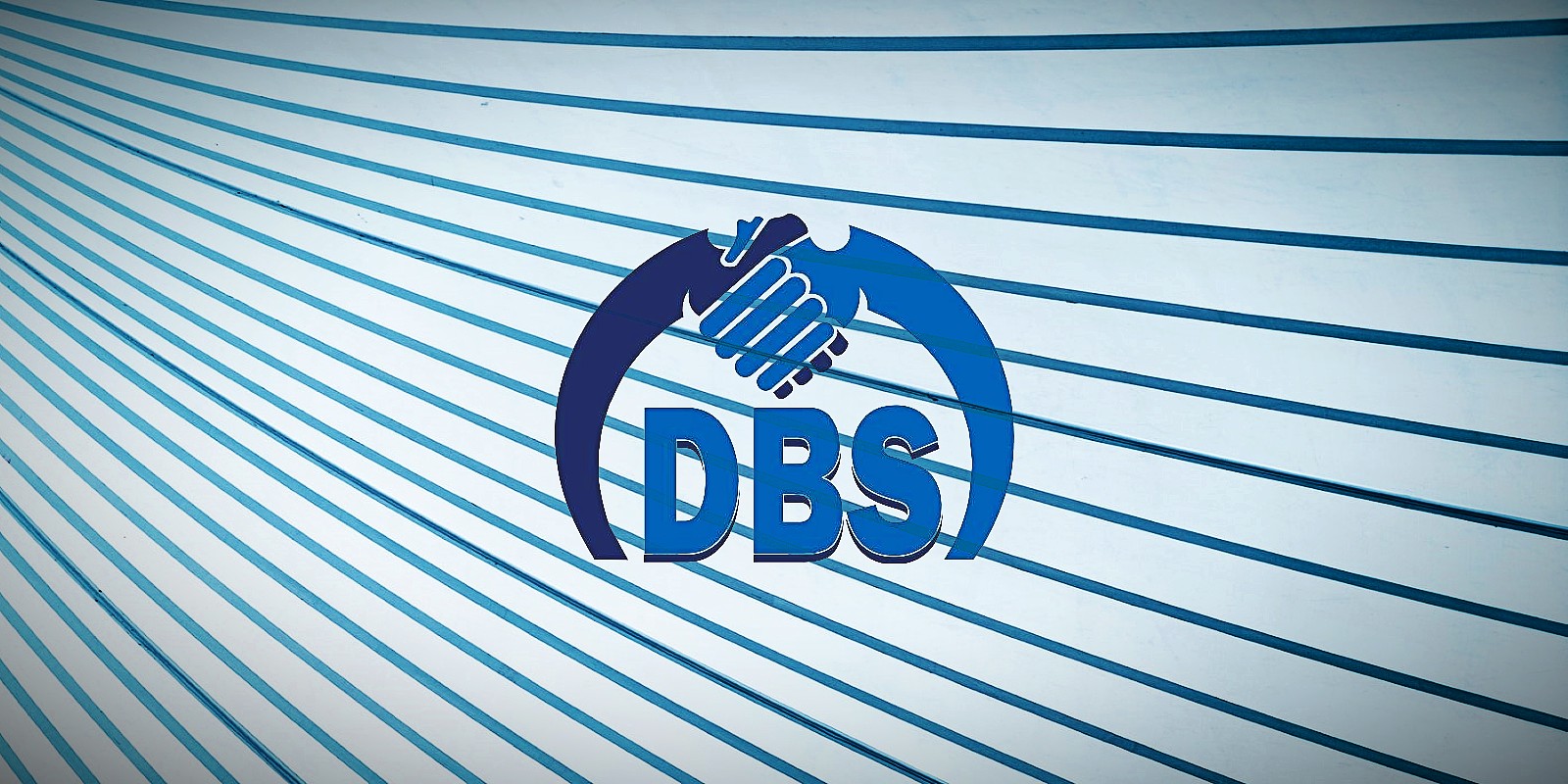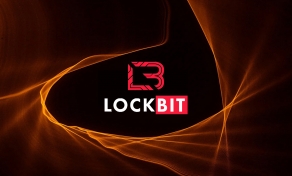
The Development Bank of Seychelles (DBS) was hit by ransomware according to a press statement published earlier today by the Central Bank of Seychelles (CBS).
DBS was founded in 1977 as a joint venture by the Seychelles government and several other shareholders including the European Investment Bank, Standard Chartered Bank, Barclays Bank, Deutsche Investitions und Entwicklungsgesellschaft (DEG), and Caisse Francaise de Cooperation.
Since then, the government and DBS bought the shares of Barclays Bank and DEG, giving the Seychelles government control of 60,50% of the bank's shares.
Ransomware attack disclosed on Wednesday
According to the press release published today by CBS, the Development Bank of Seychelles reported the ransomware attack on September 9, 2020.
"Since then, CBS has been engaging with DBS to establish the exact nature and circumstances of the incident and closely monitor the developments, including the possible impact on DBS' operations," the press release reads.
"The CBS has stressed on the need for DBS to maintain communication with its clients and other stakeholders, particularly within the banking sector, throughout this process."
CBS added that "engagement with DBS will also endeavor to identify areas of vulnerability that could have led to the ransomware attack."
CBS also said that it will provide more details to the public after the ongoing investigation finds more on the attack that impacted the Development Bank of Seychelles' systems.
BleepingComputer has reached out to the Development Bank of Seychelles for more information on the attack but has not heard back.
Customer and bank info potentially stolen
While it is not yet known if the attackers have stolen data before encrypting the bank's systems, there is a high chance that it happened depending on the ransomware strain that was used in the attack.
Starting with Maze ransomware in late November 2019, ransomware operators have changed their extortion strategies to also steal victims' files from before encrypting their data, with the stolen files to be later used as leverage to pressure the victims into paying the ransoms.
Since then, 18 other ransomware gangs have started using the same tactic, most of them also creating data leak sites to publicly shame the victims after successfully compromising their networks and to publish the stolen data.
Because of this new trend, companies that have been hit by ransomware attacks have also started reporting such incidents as data breaches, alerting employees and customers that their data was potentially stolen [1, 2, 3, 4].
Chilean bank BancoEstado was also forced to shut down its branches on Monday following a ransomware attack that hit the bank's systems over the weekend.
H/T Brett Callow



Post a Comment Community Rules
You need to login in order to post a comment
Not a member yet? Register Now